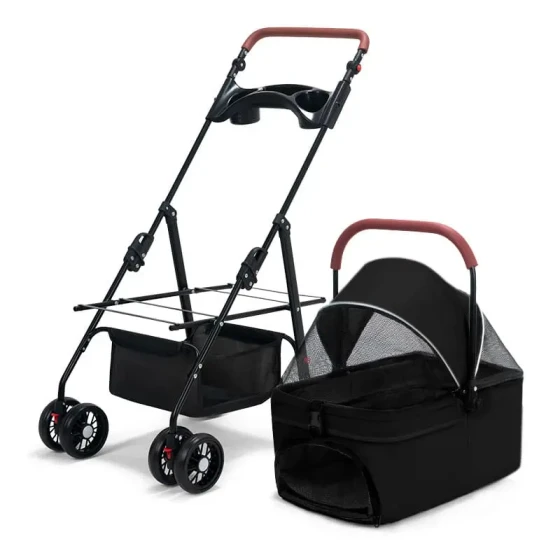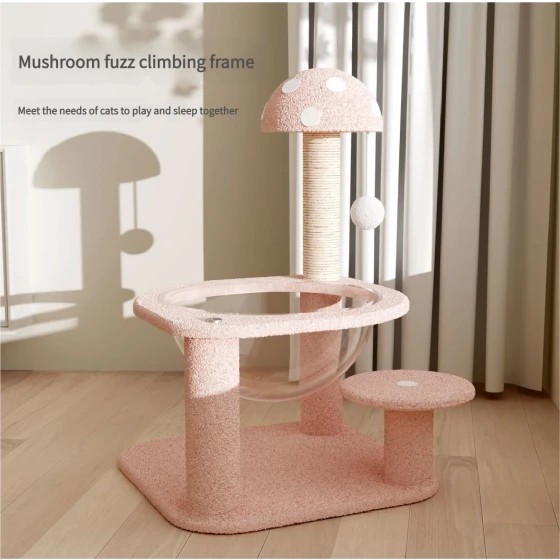Common Diseases of Folded Ear Cats

Folded ear cats look silly, cute, and gentle in nature, deeply loved by everyone. But due to innate genetic reasons, folded ear cats have a higher chance of illness, and the severity and age of onset differ from cat to cat. Every pet has common congenital diseases and physical defects, this is inevitable. Cats cannot speak out even if they suffer pain, so owners of folded ear cats must understand related knowledge and pay close attention regularly!
Never think that the sitting posture of folded ear cats being similar to humans is simply adorable; it is actually caused by stiffness in their hind legs or pain when bending. Once it appears, it requires vigilance. Cats that have developed the disease initially show less activity, followed by movement disorders. The obvious symptoms include:
1. Tail is thick, short, stiff, and cannot bend. Some sick cats cannot wag their tails.
2. Hind legs are too short, with unusual bending, proliferations, or lumps.
3. Swelling of limb joints, toes are also deformed due to joint swelling.
4. Hind paw pads are abnormally thick. If observed carefully, when the cat sits upright, the hind paw pads do not touch the ground.
5. Abnormal claw growth, pads are thicker than those of normal cats.
6. The front legs of folded ear cats may also show similar symptoms, but milder, and they habitually lift their feet.
Other Common Diseases
Besides hereditary skeletal diseases, folded ear cats often suffer from the following diseases:
1. Respiratory System Problems
The gene causing skeletal lesions affects not only the bones of the limbs but also causes abnormal development of cartilage tissue in other body parts. More commonly, respiratory tract narrowing causes breathing difficulties, and severe cases require surgical widening of the airway. There is also nasal bleeding, but the cause is currently unknown and no treatment available.
2. Weaker Constitution
There have been cases where the cat’s body size and weight are only two-thirds that of normal cats, and they have suffered from feline distemper, skin diseases, allergies, and other conditions.
3. Heart Disease
Hypertrophic cardiomyopathy is also common in folded ear cats, but it is generally hard to detect until symptoms appear, posing life-threatening risks. Cats require dietary control and lifelong medication. (Source:PetsZone)





